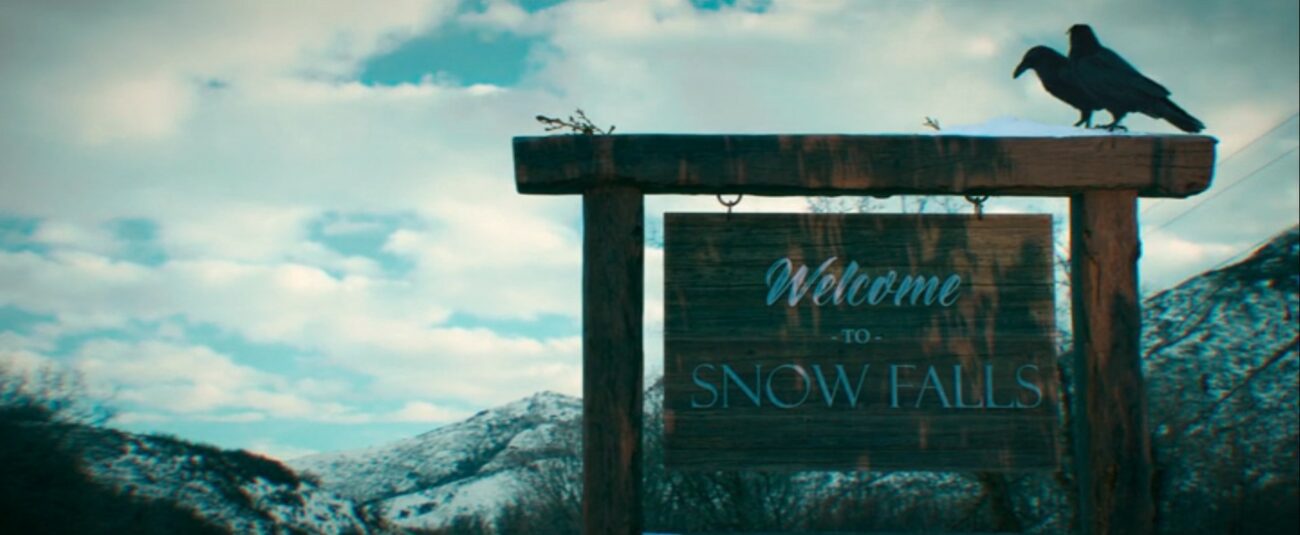When we sat down to write this, we were almost loathed to tag Across 110th Street under the Blaxploitation movement of the 1970s. This is because we feel that when the movie was initially released in 1972 it had already suffered this fate and had been buried because of it. A lot of people—quite wrongly, we might like to add—hear the term ‘Blaxploitation’ and instantly assume that every movie is about boobs, butts, and bullets, and even though there are one or two out there that follow that formula, the vast majority of these movies told intricate stories and only used violence to emphasize the point they were trying to make. Some were about vengeance, others were about dealers trying to get out of the life, and some, like Across 110th Street, were magnificent crime dramas that never got the recognition they deserved, solely because they had a predominantly black cast, which made it easy for the media of the time to just write it off as another Blaxploitation flick. Oh, how wrong they were.
When two small-time hoods stick up a Mafia counting house in Harlem, the fallout finds them on the run from The Mob, criminal kingpin Doc Johnson, and the police. What should’ve been a simple heist goes horribly wrong when one of the suitcases falls on the floor. This sets off a chain reaction that sees Jim Harris (Paul Benjamin) open up with a submachine gun, killing everyone inside the room. As they make their escape, they also end up killing two police officers who have arrived on the scene, meaning that they now have everybody searching for them.
On one side, you have the criminal element. The Mafia and Doc Johnson have been working together for years, but it’s obvious that the truce they have is an uneasy one at best. This is pushed to breaking point after the theft, as nearly everyone working for La Cosa Nostra is convinced that it’s an inside job and everyone on Doc Johnson’s crew is angry and insulted that their partners in crime would dare even think that way. So the two sides have to figure out a way to keep up the happy charade, at least, until they catch the two men responsible. On the other side, you have the police. NYPD Lt. Pope (Yaphet Kotto) is as straight-laced as they come. A truly by-the-book copper, who wants to solve as many cases as quickly as he can so he can climb the ladder. Much against his wishes, he’s teamed up with Capt. Mattelli (Anthony Quinn). A no-nonsense, old-school flat foot, who punches first and asks questions later. Capt. Mattelli will use whatever means necessary to get the job done, which goes against everything that Lt. Pope stands for and instantly puts them at odds. But what heaps an even bigger strain on their relationship is that Mattelli is dirty and Pope knows it. For years he’s been taking pay-offs from Doc Johnson to look the other way—and now it seems that his crows might have just come home to roost as Pope has every intention of taking everyone he can down, and down hard.
There are a lot of ways you can look at Across 110th Street and none of them are wrong. You can view it as a simple cops vs. robbers story, and that works just fine. You can see it as social commentary on the state of race and racism in America during the 1970s and that works too. As for us, we view it as the redemption story of Capt. Mattelli and how it takes Lt. Pope to make him finally see how everything he’s been doing to facilitate the iron grip of Doc Johnson on the people of Harlem is worse than the crimes he let slip through the net. This is down to the performances of both Anthony Quinn and Yaphet Kotto in their respective roles. We have never seen either man—before or after—give such perfect performances. Their relationship is fiery as hell itself, but it’s those flames that eventually help Mattelli see the evil that he has been a party to over the years and force him into making a stand. There isn’t a flawed performance by anyone involved in Across 110th Street, but Quinn and Kotto still manage to stand head and shoulders above everyone else.
If Across 110th Street had been made by Scorsese or Coppola during their 70s heydays, then it would be held up in the same light as Taxi Driver or The Godfather and would have film nerds over the world dissecting each and every frame. But because it was made by a man (Barry Shear) who was best known for his work on the TV series The Man from U.N.C.L.E, and had the misfortune to be released during a time when it was easier to dump every film with black men or women in leading roles into the same category, it seems to have been lost to time. But it shouldn’t be.
Across 110th Street is one of the greatest crime dramas ever told, and if you’ve never seen it—or only just this moment heard of its existence—we implore you to go and watch it, right now. It deserves far more recognition than it gets, and all it will take to have you spreading the word is to sit down in your favorite chair and press play.





Great film…gritty to the point you need a shower afterwards. You are spot on about the performances…the costumes as well, add to the feel and look of the film. Highly recommended.